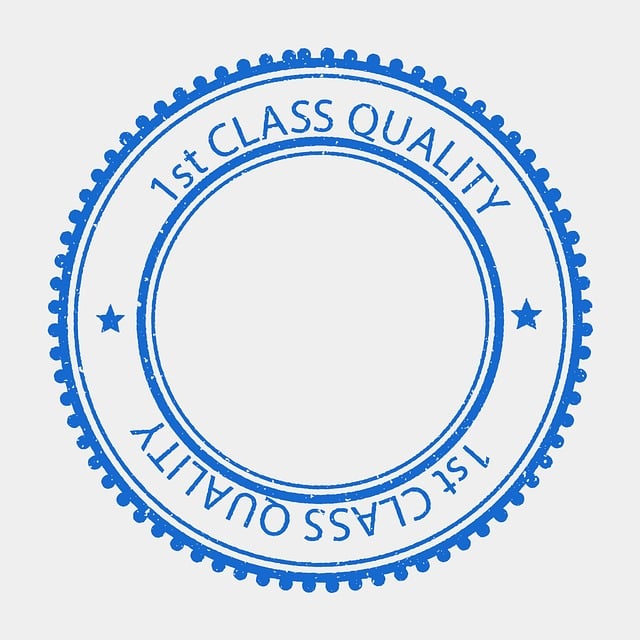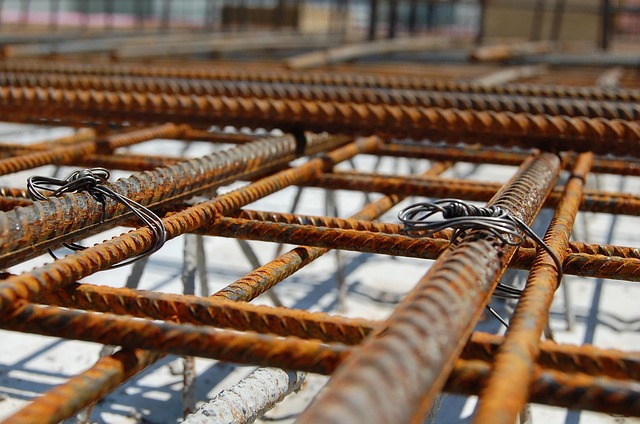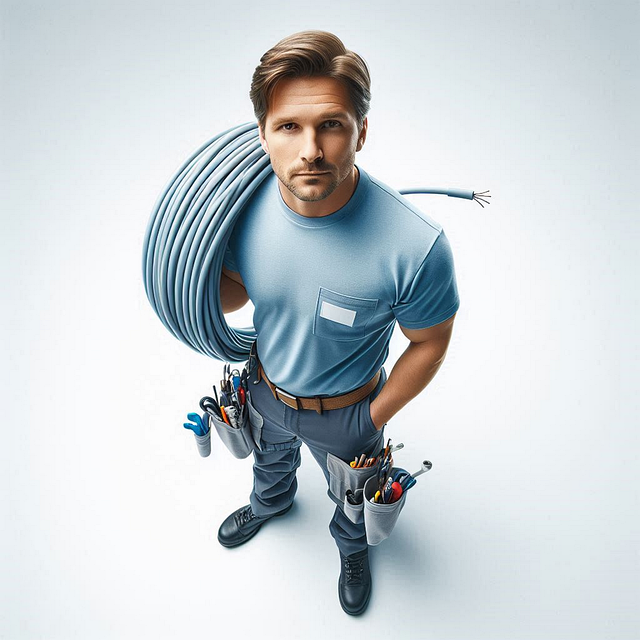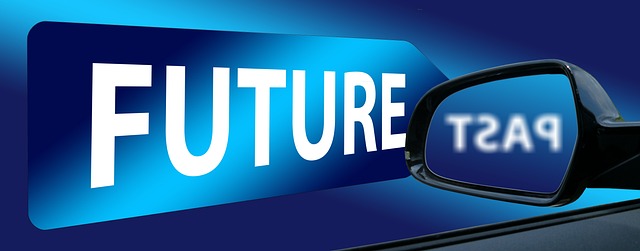Understanding an individual's licensing certifications is vital for assessing their capability in complex repairs. These credentials, earned through rigorous industry assessments, guarantee professionals possess the required knowledge, skills, and training in specialized areas. By examining these licenses, you gain insights into a repair specialist's expertise, adherence to standards, and safety protocols. Industry-recognized licensing certifications indicate a commitment to continuous learning and specific skill proficiency, ensuring technicians excel in problem-solving while driving industry advancements and maintaining high quality and safety standards.
In today’s tech-driven world, the ability to handle complex repairs is crucial for both individuals and industries. This article explores the key components that underpin this competence, starting with the foundational role of understanding licensing and certifications. We delve into evaluating skills and knowledge, highlighting the importance of continuous learning and adaptation in a rapidly evolving landscape. By examining these aspects, we aim to equip technicians with the tools they need to excel in complex repair scenarios.
- Understanding Licensing and Certifications: The Foundation for Complex Repair Competence
- Evaluating Skills and Knowledge: Assessing the Capabilities of Technicians
- Continuous Learning and Adaptation: Ensuring Long-Term Efficiency in Complex Repairs
Understanding Licensing and Certifications: The Foundation for Complex Repair Competence

Understanding licensing and certifications is essential when assessing an individual’s capability to handle complex repairs. These credentials serve as a reliable foundation for gauging competence in specialized areas, ensuring that professionals possess the necessary knowledge and skills to tackle intricate tasks. By examining the types of licenses and certifications held by potential repair specialists, you can gain valuable insights into their level of expertise and training.
Licensing and certification bodies often set stringent criteria for issuing qualifications, conducting rigorous assessments to verify a candidate’s proficiency. These bodies mandate specific training programs, practical experience, and passing exams to grant permits or credentials. Therefore, individuals with valid licenses and certifications are more likely to demonstrate a strong grasp of complex repair methodologies, adhering to industry standards and safety protocols.
Evaluating Skills and Knowledge: Assessing the Capabilities of Technicians

Evaluating a technician’s skills and knowledge is a critical step in assessing their ability to handle complex repairs. This involves scrutinizing their formal education, relevant work experience, and specialized training, including any licensing certifications they possess. By examining these factors, you gain insights into their theoretical understanding of the field and practical expertise in tackling intricate issues.
Technicians with robust qualifications, such as those holding industry-recognized certifications, demonstrate a commitment to ongoing learning and professional development. These credentials often signal proficiency in specific areas, ensuring that the technician possesses the specialized skills necessary for navigating complex repairs efficiently and effectively.
Continuous Learning and Adaptation: Ensuring Long-Term Efficiency in Complex Repairs

In today’s rapidly evolving technological landscape, continuous learning and adaptation are vital for technicians tasked with handling complex repairs. The ability to stay updated with emerging trends, new tools, and innovative technologies ensures long-term efficiency and effectiveness in troubleshooting and fixing intricate issues. This ongoing educational journey is facilitated by numerous resources, including specialized training programs, online courses, and industry-recognized licensing certifications. By investing in these learning opportunities, technicians can enhance their problem-solving skills, expand their knowledge base, and better equip themselves to tackle the ever-changing challenges posed by modern machinery and systems.
Such proactive learning not only improves individual performance but also contributes to the overall advancement of repair practices within a given industry. As new technologies emerge, those committed to continuous learning can quickly integrate this knowledge into their work routines, ensuring they remain at the forefront of their field. This adaptability is crucial in maintaining high standards of repair quality and safety, which are essential for fostering customer satisfaction and trust.














